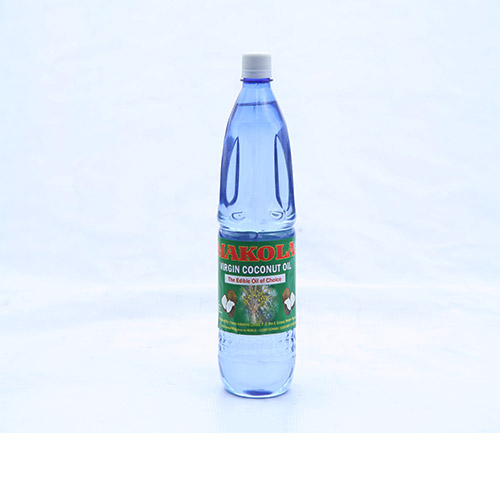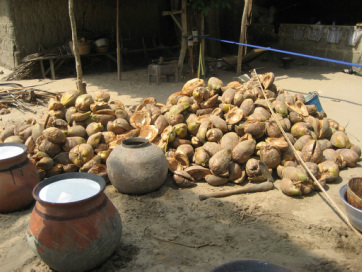Sankofa Diet For The Management Of General Body Disorder
Introduction
The SANKOFA Diet aims at providing a balanced diet based on short and medium saturated fatty acids for the management of general body disorder including metabolic and neural ailments and obesity. The basic aim of a SANKOFA Diet is to eliminate poly unsaturated fatty acids from the diet.
Food Items That Must Be Strictly Avoided
In order to derive a quick benefit from the SANKOFA Diet, it is important that food items with processed unsaturated vegetable fats and unfermented grains and seeds should be avoided. The grains i.e. wheat, maize, millet, sorghum, soya beans, beans, rice, ground nuts, cashew nuts, etc. should be avoided. Seeds from pepper, tomatoes, garden eggs, etc. should also be avoided. Food items already prepared with margarine, shortening and processed poly unsaturated vegetable fats such as creams, bread, biscuits, cakes, doughnuts, pies, fried foods, gravies etc. should be avoided.
Food Items That Are To Be Considered
Carbohydrate/Sugars. Carbohydrate may be a tuber or fermented grain prepared as desired. Grains are to be properly fermented i.e. viable grains (which can germinate) are soaked for exactly three days and milled; the resulting meal is soaked into dough and then fermented for at least one day, before it is used for food. Sugars should be from natural sources such as honey, sugar cane juice, fresh ripe fruits, etc.
Protein. Proteins should preferably be organic meat e.g. avoid imported fatty meat, use meat produced naturally and preferably in Ghana, eggs, fresh mammalian milk, fish without the skin, and fermented beans.

Fat. The oil to be used for any food item should have high levels of short and medium chain saturated (SMCS) fatty acids e.g. virgin coconut oil, good quality palm kernel oil and organic butter.

Liquids. Liquids include water with a dash of fruit cider vinegar, slightly fermented fruit juice and properly fermented drinks.
Vegetables. The vegetables may be fresh or fermented and may be prepared as fresh salad, steamed, blended soup or mixed in gravy.
The Daily Dietary Plan
Each meal should be delicious and it should suit the taste. The meal should be filling. The quantities of the ingredients of each meal should have a substantial portion of protein preferably organic meat, at least 30 ml of fat per plate, a substantial portion of vegetables and fruits prepared according to taste and desire. Amount of carbohydrate should be low, but should not be unfermented grain, beans and nuts.
The quantum of carbohydrate may be increased as the debilitating health condition improves and the ailments subside or vanish. The quantum of fat may also be reduced to maintenance level of 20 ml per plate.
Pains and sores can be attended to using any of the fats with high levels of SMCS Fatty acids.

Any enquiry may be addressed to Dr. KAKU KYIAMAH; EMAIL: – feanza1995@yahoo.ca;
This post has already been read 1380 times!





Post Comment